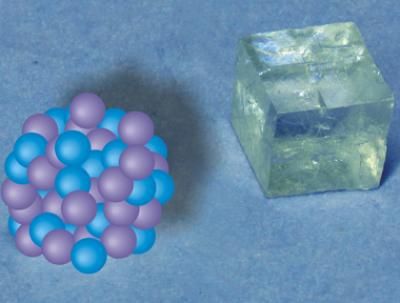Bayer honors scientist in Madrid
Outstanding research work in the field of acetylsalicylic acid
Madrid - The 2002 International Aspirin® Award has been awarded to Professor Aaron Marcus, a hematologist from New York. Professor Marcus has devoted his scientific career to research into acetylsalicylic acid (ASA), the active ingredient of, for example, Aspirin®. He investigated the interaction between ASA and blood platelets and the interaction between blood platelets and blood cells under the influence of ASA. The active ingredient prevents platelets from clumping together and thus protects against myocardial infarction and stroke. The Aspirin® Senior Award is worth Euro 25,000. A total of Euro 10,000 was awarded to Dr. James K. Hennan from Canada and Dr. Michael A. Saunders from the United Kingdom, who share the 2002 Young Researchers' Aspirin® Award. Dr. Hennan impressed the jury with his work in which he showed why drugs from the group of COX-2 inhibitors can apparently increase the risk of cardiovascular events such as myocardial infarction. COX-2 inhibitors are used for several indications including the treatment of rheumatism. Dr. Saunders investigated the effect of ASA in genes that play a role in the inflammatory mechanism of the human body and made new discoveries about the positive effects of ASA. "In awarding The International Senior Aspirin® Award, we honor those scientists whose bodies of work have contributed to our understanding of the role of ASA in preventive and therapeutic medicine", Gary Balkema, President, and General Manager, Consumer Care Business Group of Bayer AG, said on the occasion of the Award presentation. "With the Young Researchers' Aspirin® Award, we seek to encourage young scientists to continue to apply their scientific creativity and initiative toward new applications for ASA." Although originally developed as an analgesic, the active ingredient of Aspirin® has since gained significance in many other medical indications, such as prevention of myocardial infarction and stroke, acute treatment of myocardial infarction, treatment of angina pectoris and migraine headache. Furthermore, numerous international studies are currently investigating the protective effects of ASA against some forms of cancer. Some 3,500 scientific publications on Aspirin® and its active ingredient, acetylsalicylic acid, are published every year.
Most read news
Other news from the department science

Get the chemical industry in your inbox
By submitting this form you agree that LUMITOS AG will send you the newsletter(s) selected above by email. Your data will not be passed on to third parties. Your data will be stored and processed in accordance with our data protection regulations. LUMITOS may contact you by email for the purpose of advertising or market and opinion surveys. You can revoke your consent at any time without giving reasons to LUMITOS AG, Ernst-Augustin-Str. 2, 12489 Berlin, Germany or by e-mail at revoke@lumitos.com with effect for the future. In addition, each email contains a link to unsubscribe from the corresponding newsletter.



















































